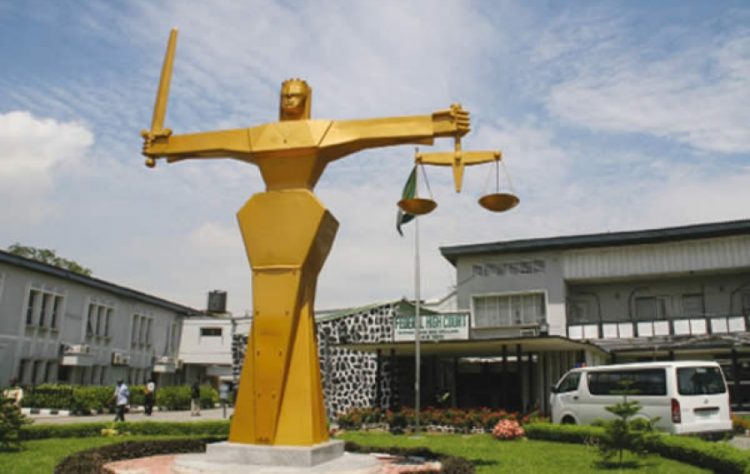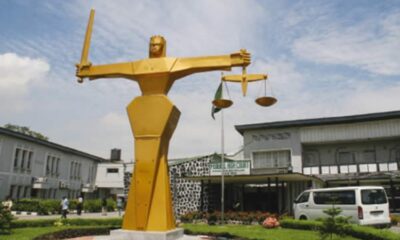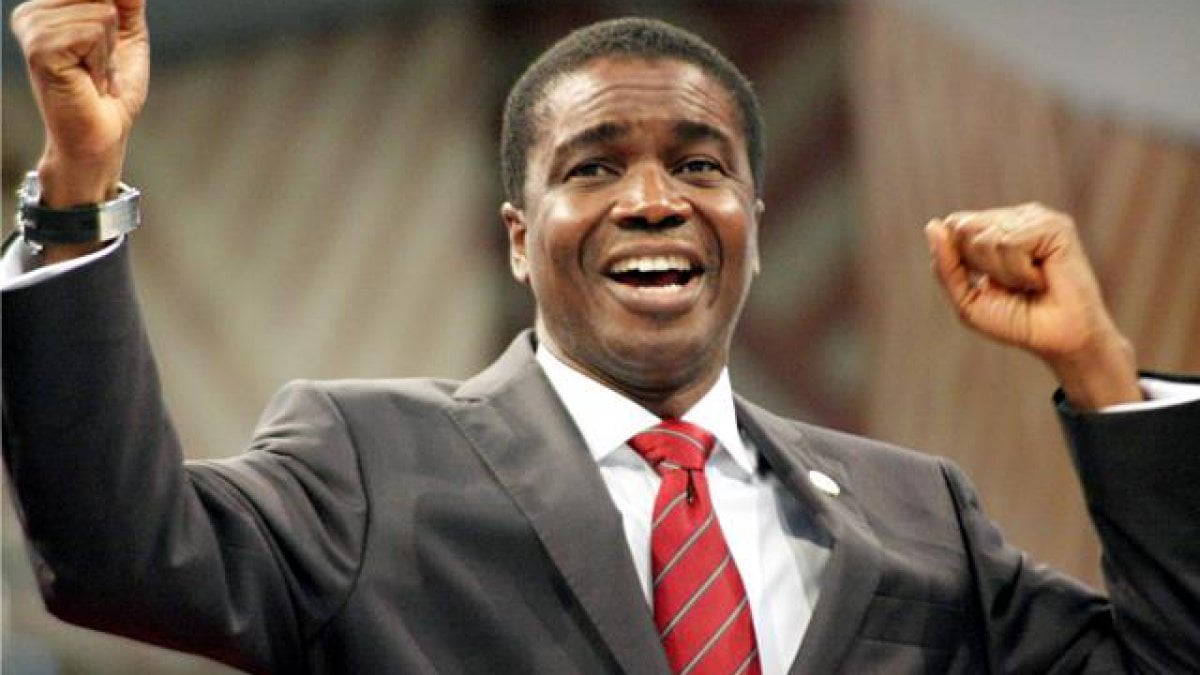Crime & Law
Kano’s blasphemy laws violate free speech rights – ECOWAS Court

The ECOWAS Community Court of Justice has declared that certain blasphemy-related laws in Kano State contradict Nigeria’s international human rights obligations.
In a case brought by the Incorporated Trustees of Expression Now Human Rights Initiative against the Federal Republic of Nigeria (Suit No. ECW/CCJ/APP/41/23), the court determined that specific sections of Kano’s Penal and Sharia Penal Codes infringe on the right to freedom of expression guaranteed under international treaties to which Nigeria is a signatory.
The applicants challenged the constitutionality of the laws, pointing out that their enforcement had led to multiple rights abuses including arbitrary arrests, prolonged detentions, and capital punishments.
READ ALSO:Tragedy in Kano as 2 women drown in pond
They also argued that the existence and use of such laws have fostered an environment where extrajudicial actions—particularly mob violence against alleged blasphemers—occurred without consequence.
A statement released on Friday from the ECOWAS court disclosed that the judicial panel—comprising Justice Ricardo Gonçalves (President), Justice Sengu Koroma, and Justice Dupe Atoki—unanimously found two key provisions in violation of human rights standards. These are Section 210 of the Kano State Penal Code and Section 382(b) of the Kano State Sharia Penal Code Law (2000).
“Section 210 was criticised for its vagueness, as it fails to clearly define what constitutes an insult to religion, falling short of the legal clarity required under human rights law.
“Section 382(b), which prescribes the death penalty for insulting the Prophet Muhammad, was ruled excessive and disproportionate in a democratic society,” the statement added.
While the court acknowledged the state’s prerogative to uphold public order and protect religious sensitivities, it emphasized that such interests must not override the fundamental rights of individuals—something Kano’s legal provisions failed to ensure.
However, the panel concluded that the claims regarding state negligence in preventing mob violence were not adequately substantiated, noting that media accounts alone did not meet the legal standard of proof.
In its verdict, the court ordered the Nigerian government to amend or repeal the disputed laws to bring them in line with global human rights commitments.
“Accordingly, the Court: Declared that it has jurisdiction to hear the case;
“Declared the application admissible only as it concerns the right to freedom of expression;
“Declared that Section 210 of the Kano State Penal Code and Section 382(b) of the Kano State Sharia Penal Code Law (2000) are incompatible with Nigeria’s obligations to protect freedom of expression;
“Ordered the Federal Republic of Nigeria to repeal or amend the identified legal provisions and similar laws to align with Article 9(2) of the African Charter.”





















